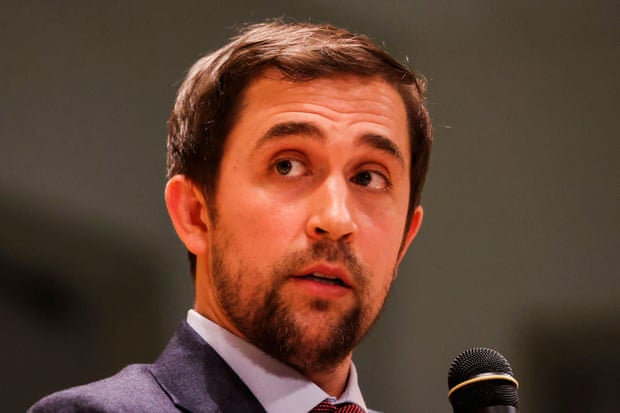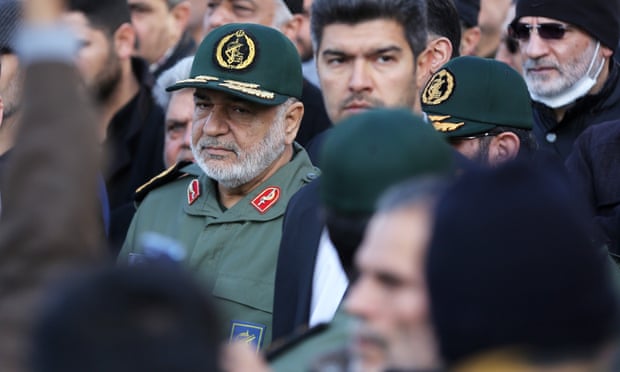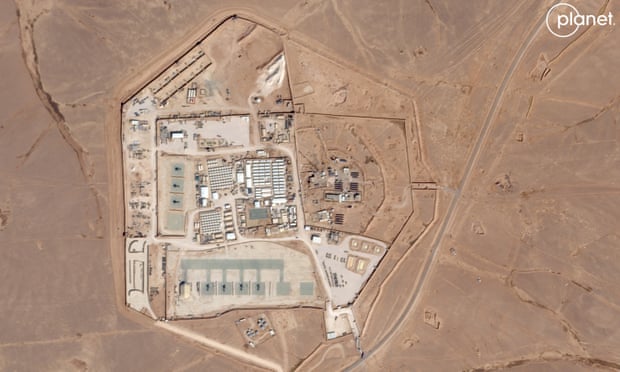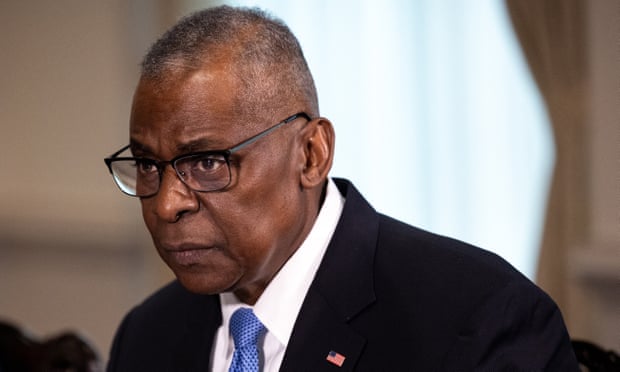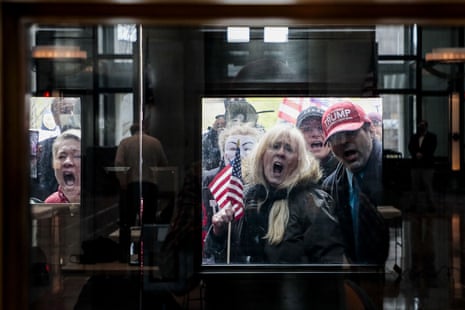Throughout his eight-year tenure in the Iowa state Senate, Tod Bowman, a self-proclaimed "door knocker," canvassed the rural counties he represented, engaging with constituents on their doorsteps to secure votes. As a moderate Democrat, Bowman faced concerns from voters about government assistance programs, immigration issues, and fears that then-President Barack Obama aimed to infringe on their Second Amendment rights. The 2018 election marked a turning point for Bowman, as he lost his seat to a Republican candidate amid growing disillusionment with the national Democratic party.
Bowman attributes the rising hostility on the campaign trail to the changing political landscape shaped by Donald Trump. According to Bowman, Trump's leadership made it acceptable to engage in name-calling, spread falsehoods, and adopt an aggressive tone rather than a civil one. This shift in political dynamics, he believes, has left a lasting impact on the political discourse, possibly for a significant period.
The consequences of this change are particularly evident in Iowa, once considered a swing state. Trump decisively won Iowa in 2016, carrying 31 counties that had twice voted for Obama. In the 2020 election, Biden failed to win back any of these counties, indicating a continuing trend of rural voters moving away from Democrats. The outcome in Iowa will play a crucial role in determining the winner of the presidential election, as well as control of the House of Representatives and the Senate.
One town that exemplifies this shift is Wyoming, where voters, once evenly split between registered Democrats and Republicans, overwhelmingly supported Trump in 2016 and 2020. The town's mayor, Steve Agnitsch, attributes this shift to a sense of dissatisfaction with the way the nation has been governed, leading residents to change party affiliations.
Tony Amsler, chair of the county Democratic party, sees Trump as a figure who resonated with Iowans by addressing their concerns about disenfranchisement and a perception that politics was not listening to them. Amsler acknowledges the challenge Democrats face in regaining ground in rural areas, especially given the conservative stance of many Iowans on social and economic issues.
The recent Iowa caucuses reflected the continued influence of Trump within the state's Republican party. The lack of candidate visits to Wyoming, referred to as "The Christmas City," during the caucuses underscored the town's perceived insignificance in the eyes of national politicians.
Residents in Wyoming express a feeling of being overlooked by politicians in Washington, with some noting a preference for a candidate who genuinely cares about communities like theirs. However, disillusionment with Trump's controversies has led some voters to consider alternatives, though finding a suitable candidate remains a challenge.
The political landscape in towns like Wyoming has broader implications, as seen in the creation of a conservative supermajority on the Supreme Court due to Democratic losses in rural states. The upcoming elections in Montana and Ohio, where rural voters hold significant sway, will also impact the balance of power in the Senate.
For Democrats, the challenge lies not in winning rural counties outright but in minimizing losses, which could make a difference in closely contested races. Political experts suggest a return to campaign tactics that resonate in rural areas, such as the visibility afforded by yard signs. In these regions, the influence of neighbors' opinions can be a critical factor in swaying undecided voters.
As the nation heads into the upcoming elections, the struggle to reconnect with rural voters in states like Iowa remains a central focus for Democrats, highlighting the need for nuanced strategies that address the concerns of these often-overlooked communities.


